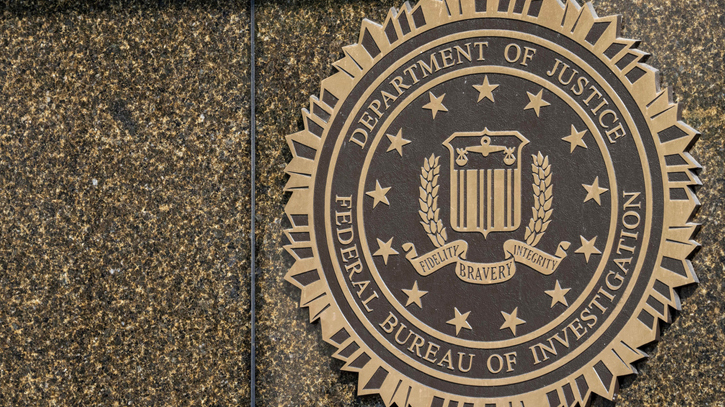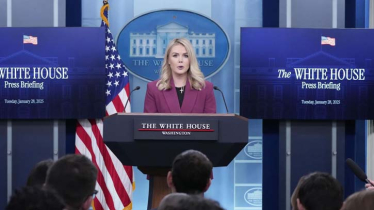
Photo : Collected
The nation’s federal law enforcement and election security agencies are debunking two new examples of Russian election disinformation on the eve of Election Day, highlighting attempts by foreign actors to sow doubt in the U.S. voting process and warning that the efforts run the risk of inciting violence against election officials.
In a joint statement late Monday, federal officials pointed to a recent article posted by Russian actors falsely claiming that U.S. officials across presidential swing states were orchestrating a plan to commit fraud, as well as a video that falsely depicted an interview with an individual claiming election fraud in Arizona.
U.S. intelligence reveals that Russia-linked influence actors “are manufacturing videos and creating fake articles to undermine the legitimacy of the election, instill fear in voters regarding the election process, and suggest Americans are using violence against each other due to political preferences,” read the statement issued by the Office of the Director of National Intelligence, the FBI and the U.S. Cybersecurity and Infrastructure Security Agency. “These efforts risk inciting violence, including against election officials.”
A spokesperson for the Russian Embassy did not immediately respond to an emailed request for comment.
Federal officials warned that Russia will likely release additional “manufactured content” on Election Day and poses “the most active threat” when it comes to foreign election influence. The statement also noted that Iran remains a “significant foreign influence threat to U.S. elections."
The effort described by federal officials is part of a wide-ranging influence operation by Russia designed to undermine confidence in the electoral process and sow discord among American voters. Intelligence agencies have assessed that Russia, which also interfered on Donald Trump’s behalf in the 2016 and 2020 presidential elections, again prefers the Republican nominee and is likely to persist in its influence operations well after Election Day.
Besides manufactured videos intended to promote disinformation, U.S. officials also have accused Russian state media of a covert, multimillion-dollar operation to spread pro-Russia content to American audiences and have seized dozens of internet domains they said fostered propaganda.
In their statement, officials also drew fresh attention to Iran’s attempts to interfere in the election, which include a hack-and-leak operation designed to harm Trump’s candidacy. The Justice Department in September charged three Iranian hackers in that effort.
Iranian actors also have created fake news sites and impersonated activists online in attempts to sway voters, according to analysts at Microsoft. The tech giant said last month that Iranian actors who allegedly sent emails aimed at intimidating U.S. voters in 2020 have been surveying election-related websites and major media outlets, raising concerns they could be preparing for another scheme this year.
As large tech firms and intelligence officials have called out foreign interference this election cycle, Russia, China and Iran have rejected claims that they are seeking to meddle with the U.S. election.
The Arizona video promoted on social media by Russian actors on Monday purported to show an anonymous whistleblower revealing an election fraud scheme. Federal officials said the Arizona Secretary of State’s office had already refuted the content of the video.
Earlier this week, U.S. officials confirmed that a video claiming to show voter fraud in two left-leaning counties in Georgia was fake and the product of a Russian troll farm. And last month, they attributed to Russia another fake video of a person tearing up ballots in what appeared to be Bucks County, Pennsylvania.
Messenger/Disha








